Dhaka, Sept 25 (V7N) – At a time when democracy is facing setbacks across much of the world, Bangladesh is moving forward on a path of democratic transition through reform efforts, according to a new report presented by the European Parliament’s Subcommittee on Human Rights.
The report, presented Wednesday at the Parliament’s headquarters, followed the committee’s recent visit to Bangladesh. The session was chaired by Monir Satouri, head of the visiting delegation.
“Our visit had two main objectives: first, to review the interim government’s reform initiatives and the state of human rights in the country’s democratic transition; and second, to revisit the Rohingya crisis, which risks fading from international attention,” Satouri said. He acknowledged ongoing challenges but emphasized the EU’s willingness to provide support.
Committee member Isabel Wiseler-Lima stressed the importance of ensuring upcoming elections in Bangladesh are competitive and credible, noting that the interim government is taking steps in that direction.
On the Rohingya issue, she said the crisis remains the world’s largest refugee settlement, though global focus has waned due to the Ukraine war and Gaza conflict. “This crisis must not be forgotten,” she warned, adding that Myanmar continues to shirk its responsibilities.
Another member, Arkadiusz Mularczyk, criticized Muslim-majority nations and India for neglecting the plight of the Rohingya. “The largest share of humanitarian aid for the camps comes from Europe, while the contribution from Muslim countries remains minimal. This is both surprising and unacceptable,” he said.
Katarina Vieira described Bangladesh as undergoing “a remarkable transformation” that presents an opportunity for genuine democratic progress. She stressed the need for inclusive elections, reflecting not only political leadership but also demands from civil society, youth, and student movements. However, she noted that participation of religious, ethnic, and gender minorities remains limited, leaving room for improvement in building a more inclusive society.
She added that the EU can play a constructive role by encouraging reforms, showing solidarity with reform advocates, and supporting democratic institutions. “With international cooperation, Bangladesh can take significant steps forward,” Vieira said.
The five-member delegation visited Bangladesh from September 16 to 18, meeting representatives of the interim government, political parties, NGOs, civil society, labor groups, and multilateral agencies. They also toured Rohingya camps in Cox’s Bazar to assess conditions firsthand.
END/RKB/SMA/




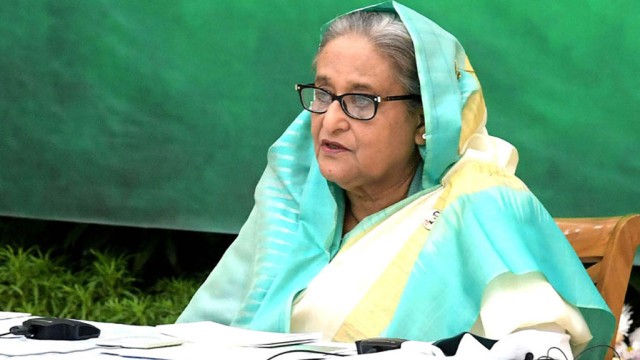

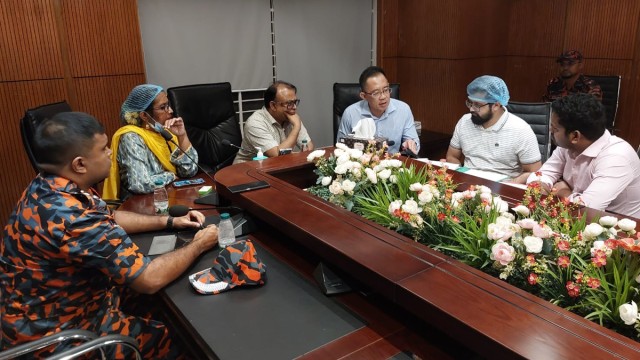
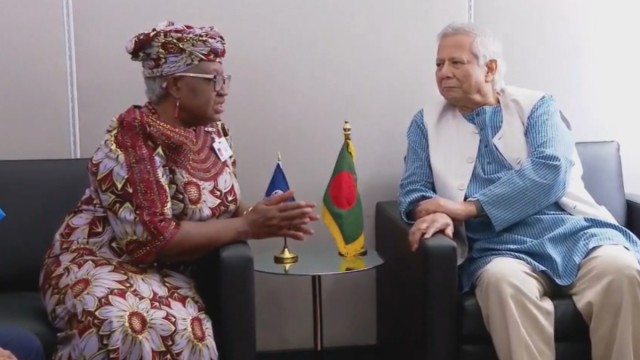
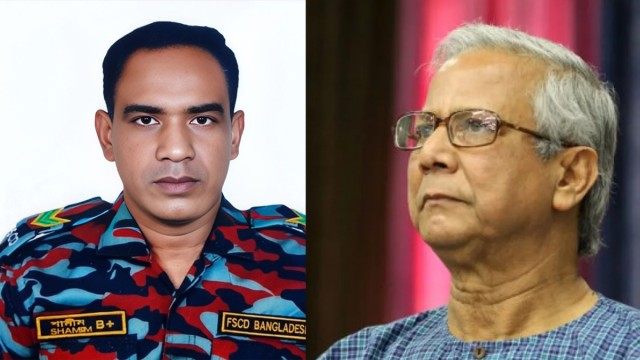
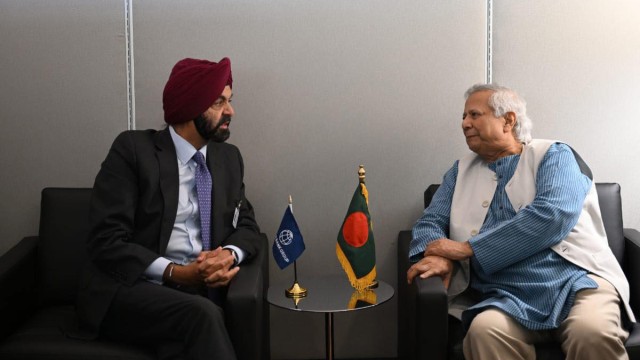





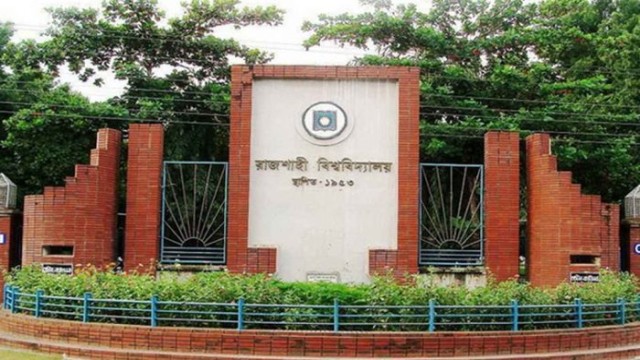
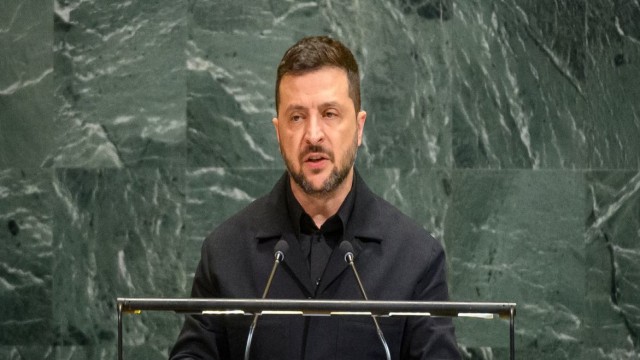



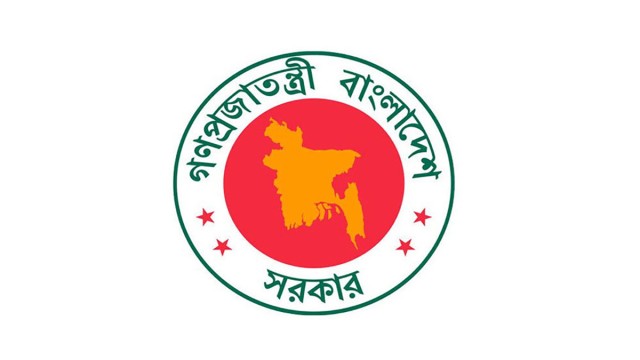
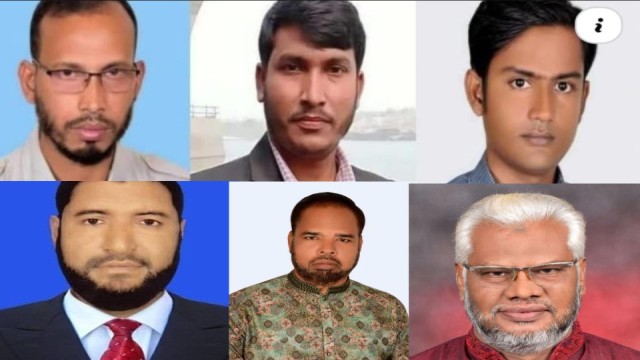
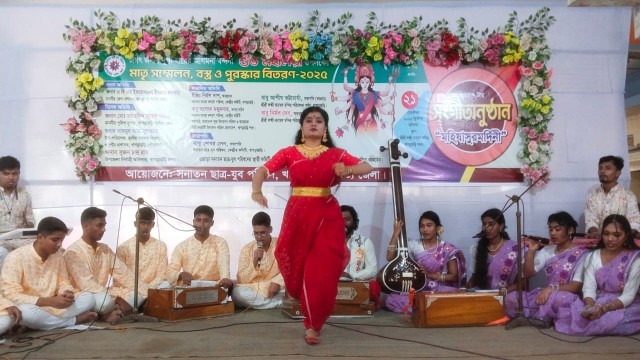

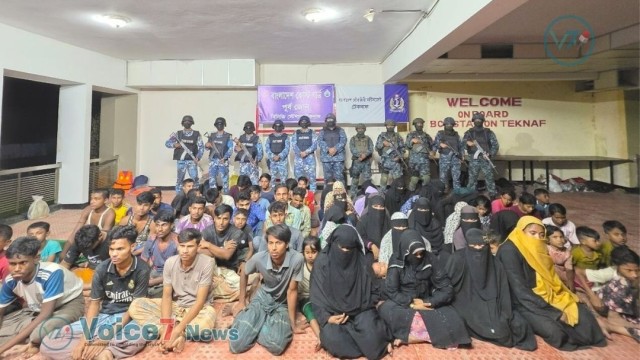
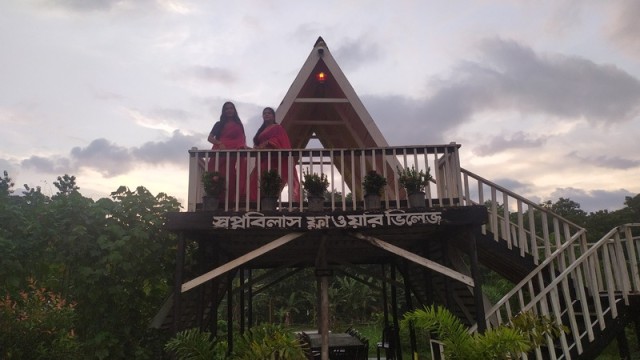
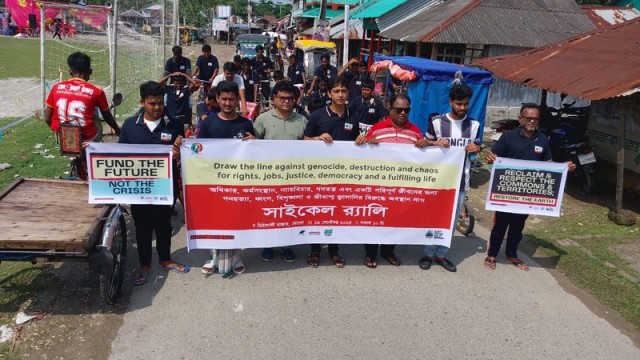
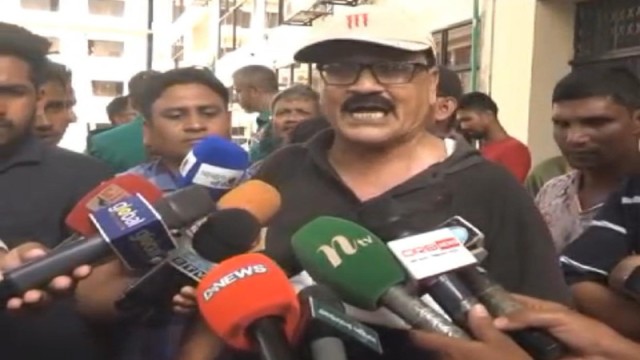
Comment: